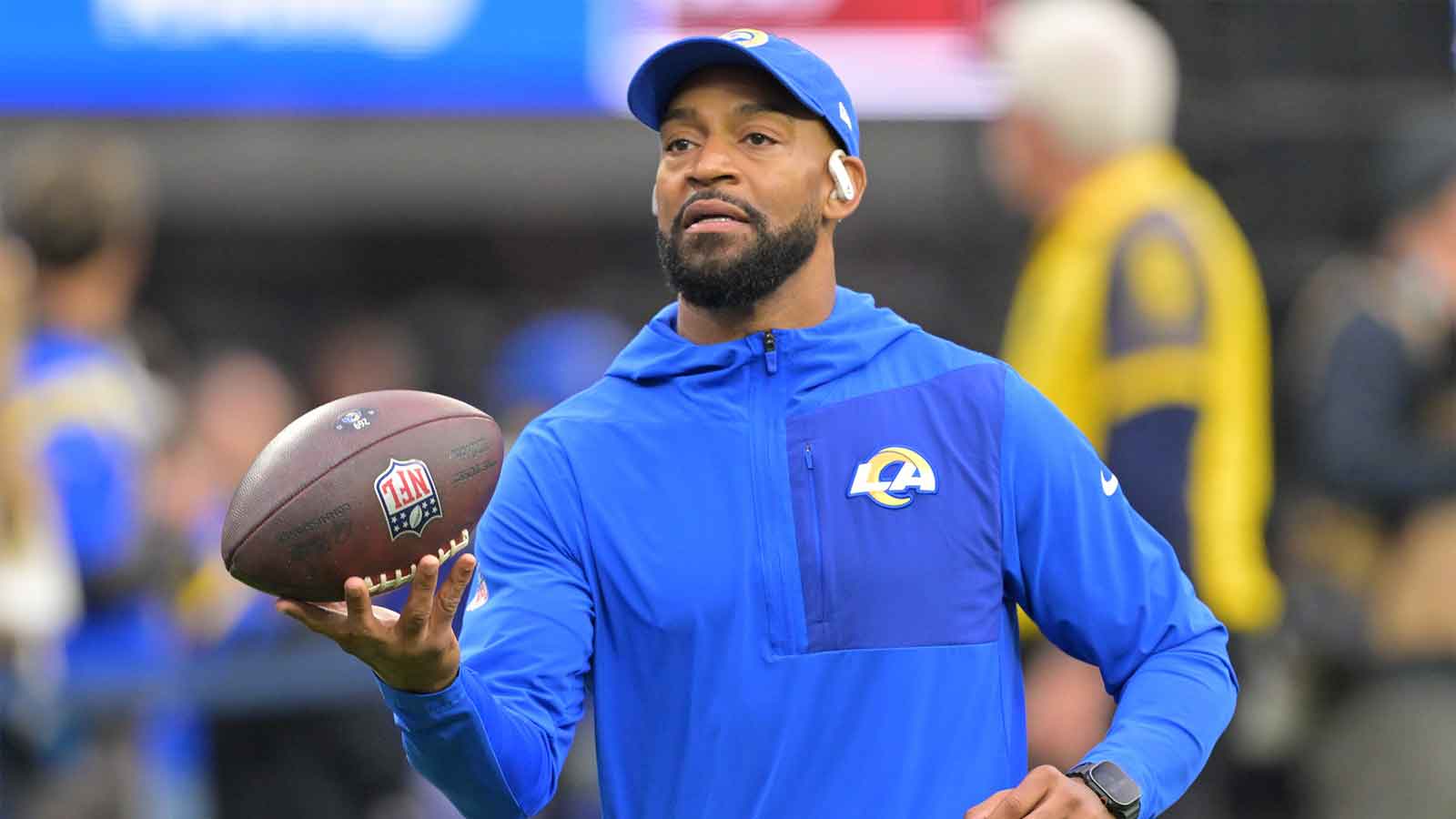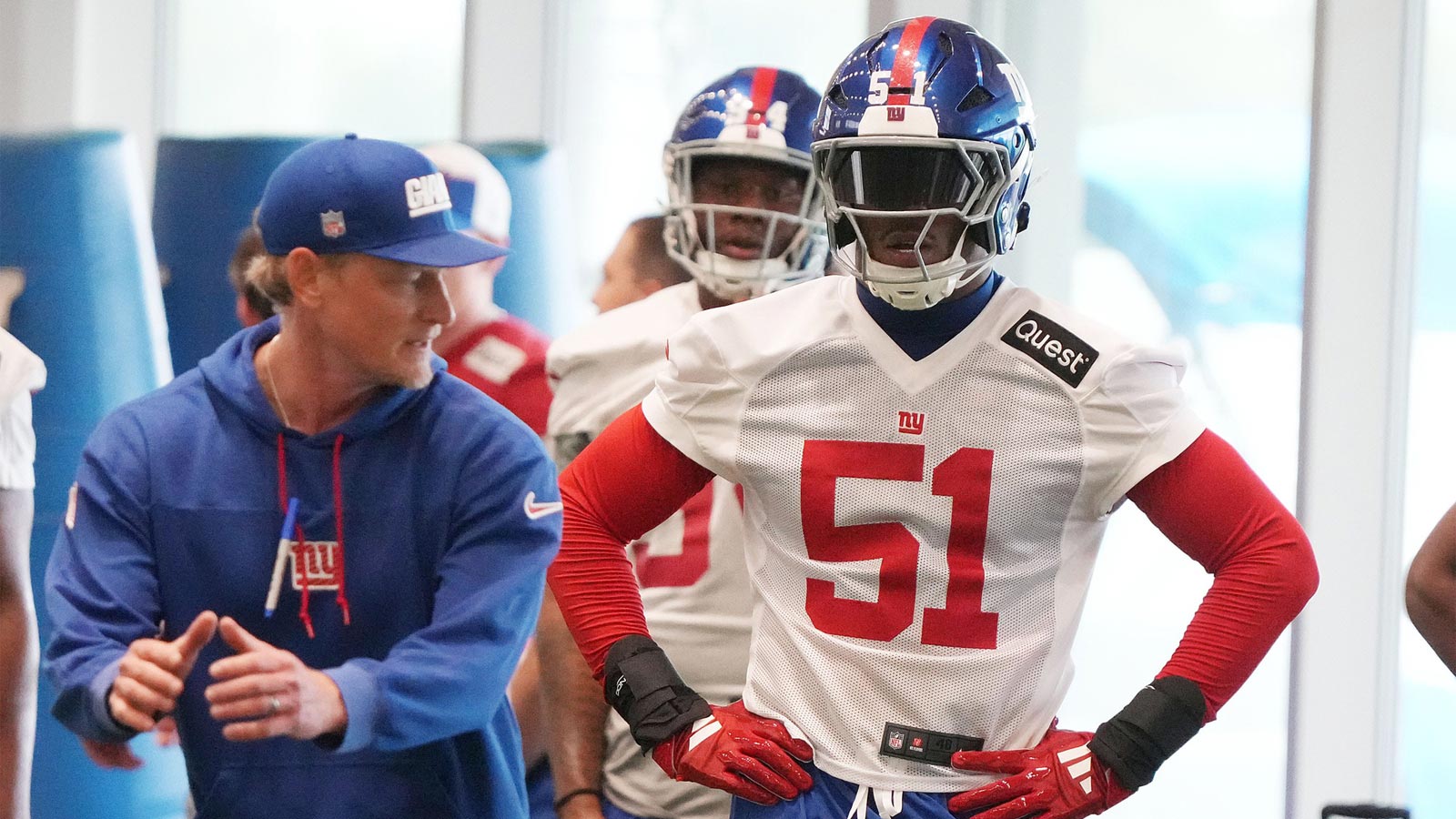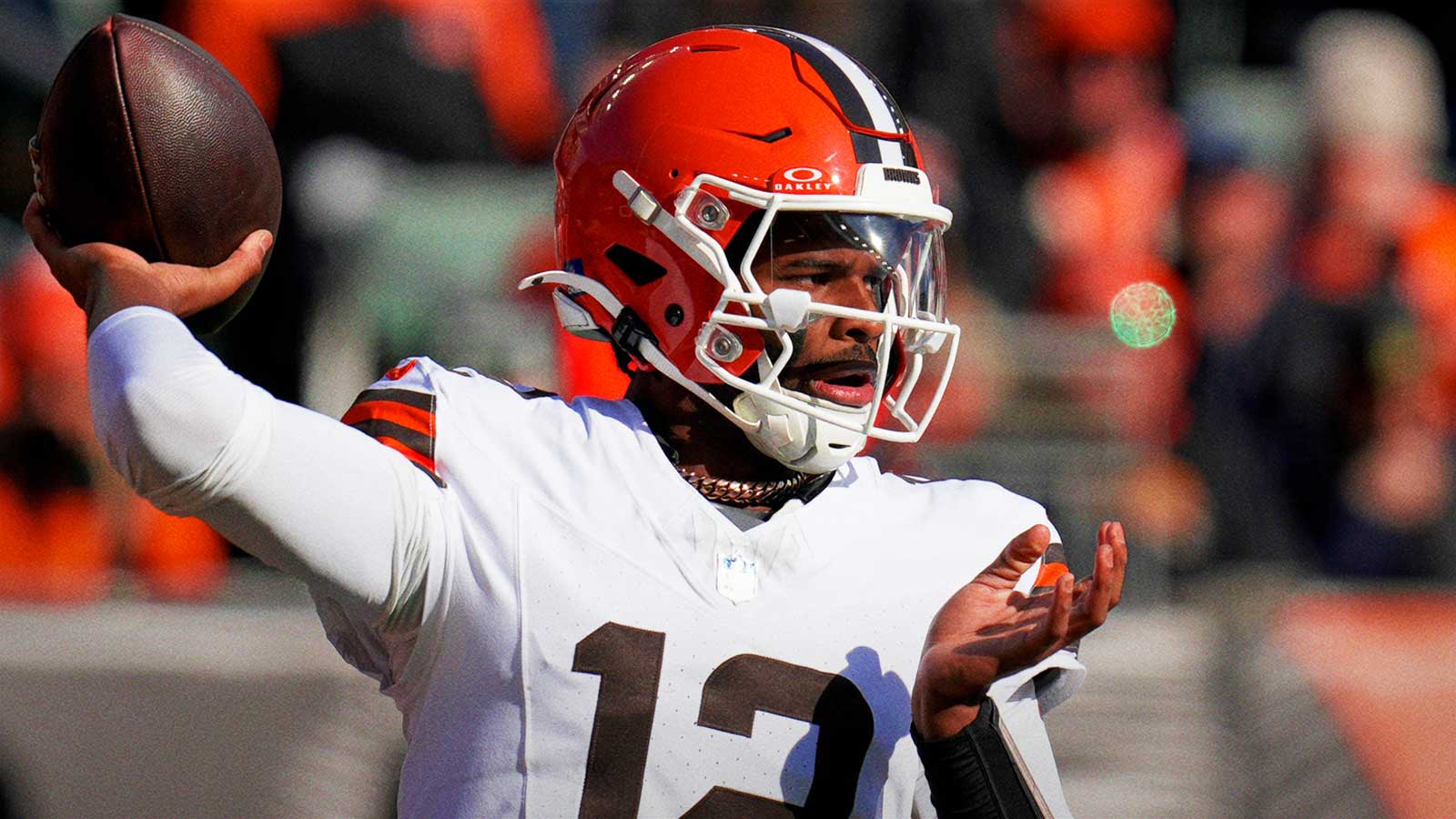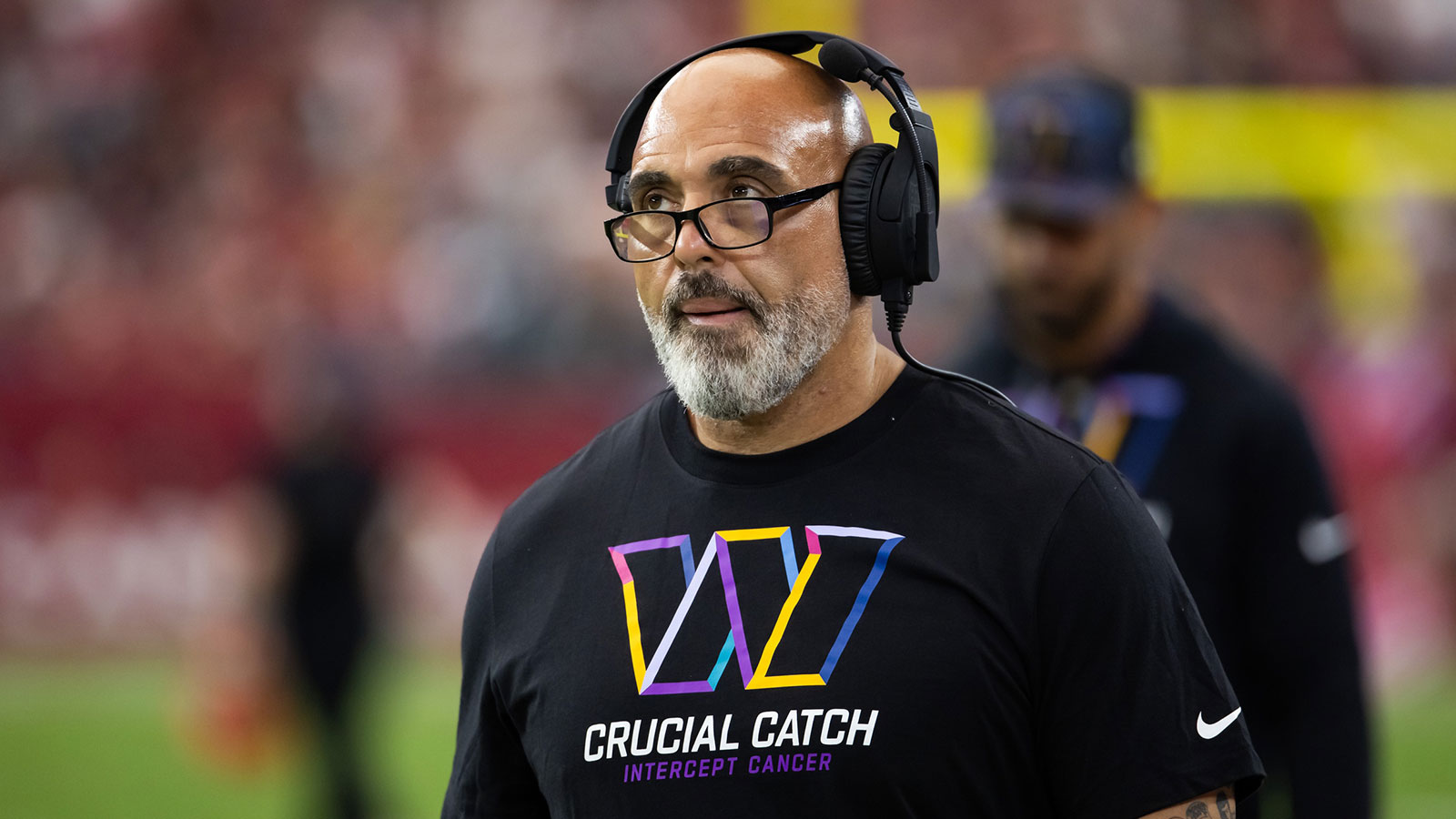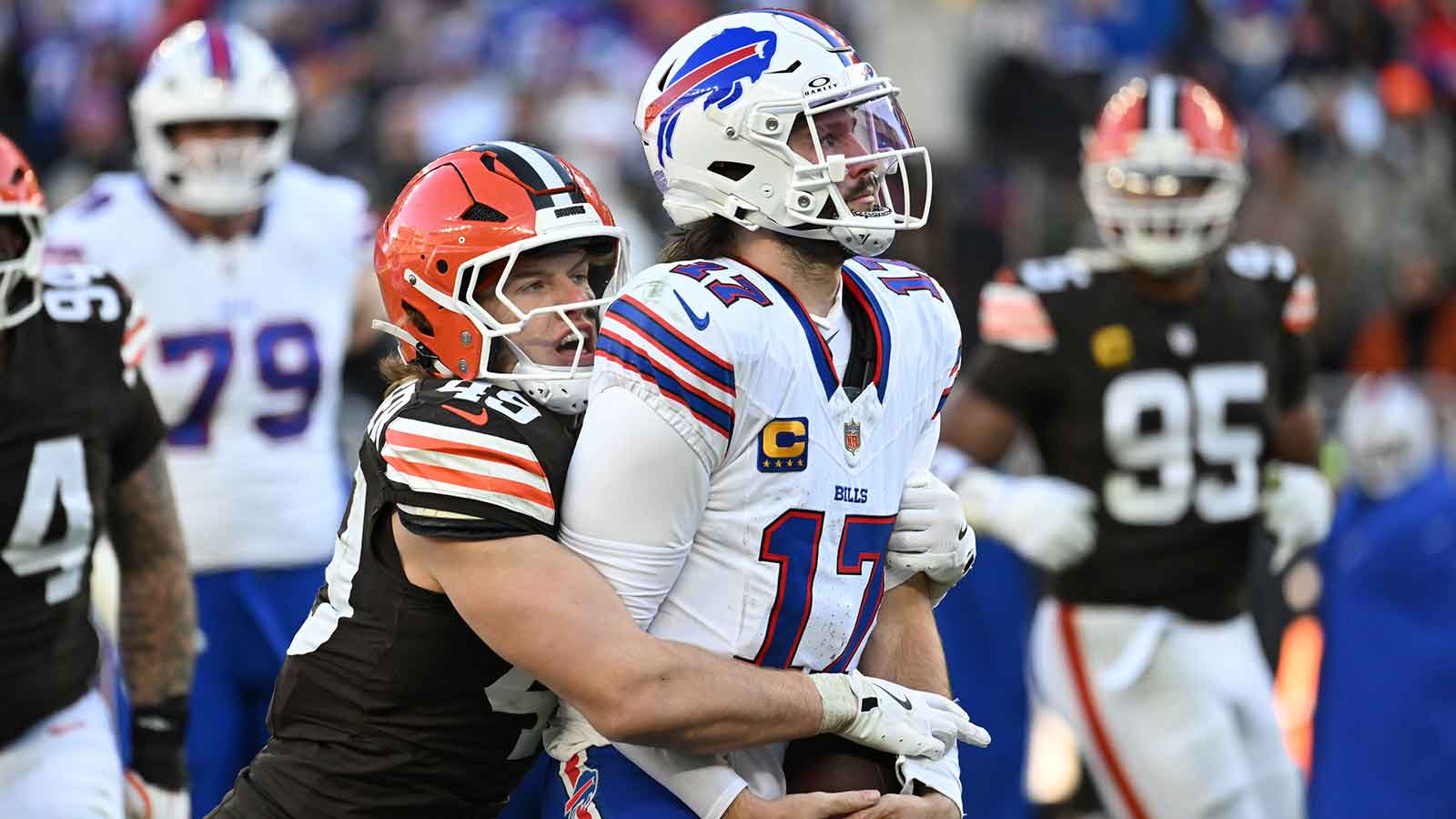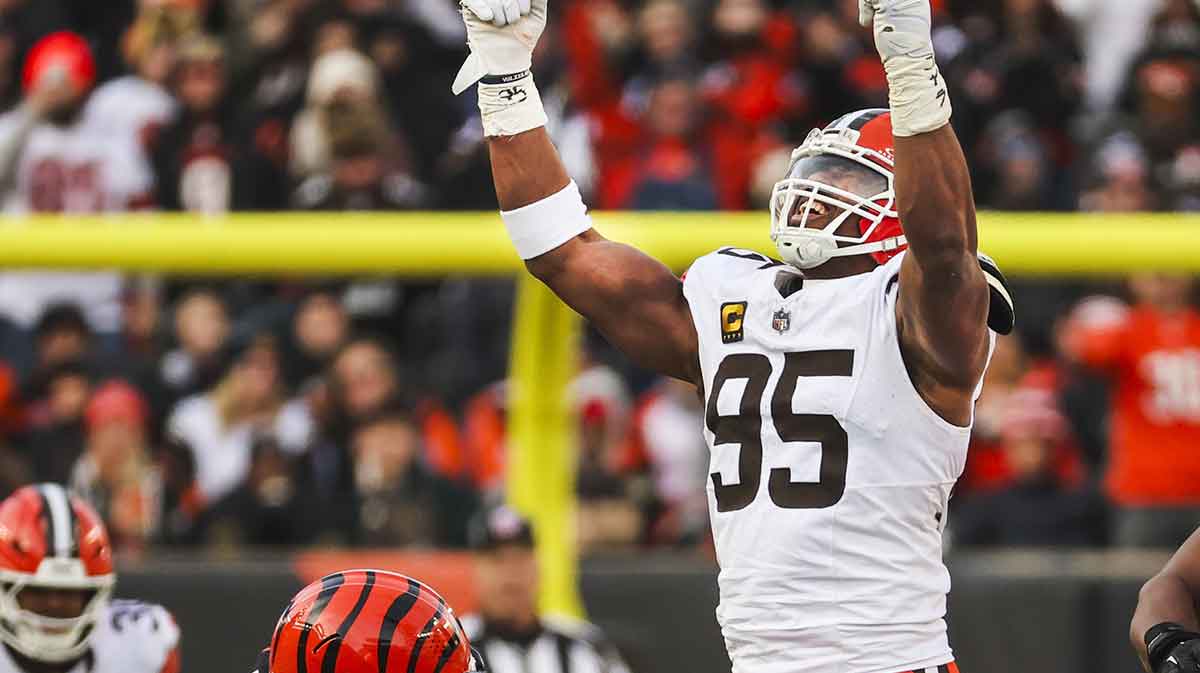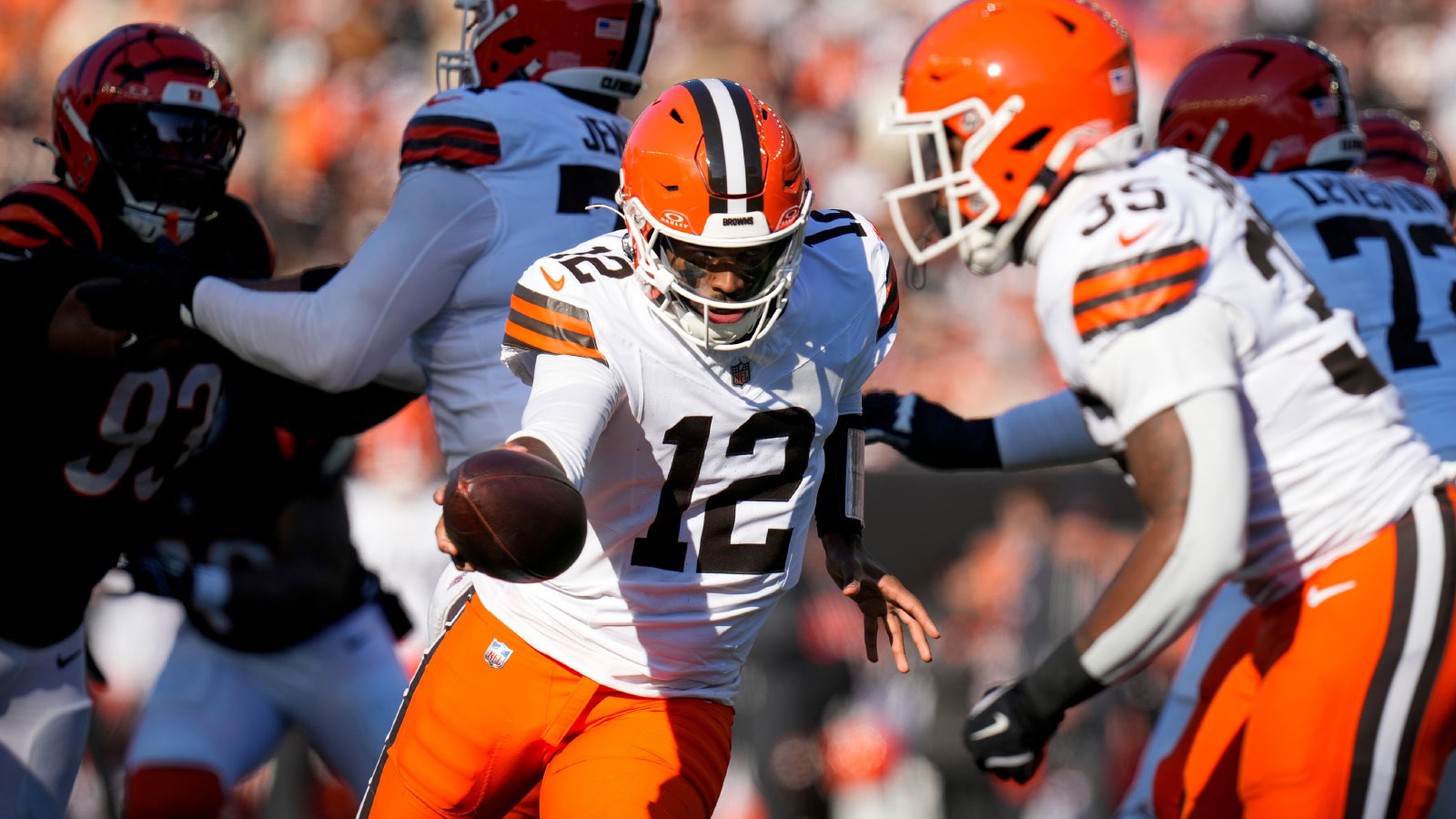The Cleveland Browns walked into Week 1 of the 2025 NFL season with optimism, only to leave Paycor Stadium haunted by missed chances and wasted dominance. Against the Cincinnati Bengals, the Browns did nearly everything right, except finish the job. For the Browns, a 17-16 loss that slipped away despite statistical superiority raises uncomfortable questions about who truly deserves the blame.
How the Browns let it slip away

Cleveland dropped their 2025 season opener to the Bengals in heartbreaking fashion. The Browns dominated statistically, outgaining Cincinnati 327-141 in total yards and holding the ball for nearly 36 minutes. That said, several errors proved costly. Rookie kicker Andre Szmyt missed an extra point after a touchdown and later hooked a 36-yard field goal attempt that would have given the Browns the lead. Those lost points loomed large in a game decided by the slimmest of margins.
Quarterback Joe Flacco threw for 290 yards and a touchdown. However, his two interceptions helped swing momentum. Cincinnati’s defense stepped up when it mattered most, too. DJ Turner and Jordan Battle made game-changing picks in the second half. Despite the Bengals’ offensive struggles, Cleveland failed to capitalize in the closing moments. They started their final drive pinned at their own one-yard line. Head coach Kevin Stefanski admitted afterward that the missed kicks made the difference. This underscored how squandered opportunities and turnovers turned a dominant statistical performance into a bitter Week 1 loss.
Here we'll try to look at and discuss the Cleveland Browns personnel most to blame for close Week 1 loss to Bengals.
Kicker Andre Szmyt shoulders the heaviest blame
The most obvious culprit in this loss is Szmyt. The rookie kicker cost Cleveland four points in a game they lost by one. Missing an extra point can rattle a team. However, missing a 36-yard field goal with the game hanging in the balance is the kind of mistake that keeps coaches awake at night.
To be fair, this was Szmyt’s NFL debut. Rookie nerves often strike even the most talented specialists. Still, the NFL is a results business. Missed kicks in close games are magnified. If this continues, the Browns may be forced to look elsewhere for stability on special teams. For now, Szmyt owns a spotlight he never wanted.
Jerome Ford fades from the backfield picture
If there was ever a chance for Jerome Ford to prove he could be a dependable option, this was it. With Quinshon Judkins sidelined, Ford had the opportunity to seize control of the running back rotation. Instead, he delivered just eight total yards on six uninspired carries. He failed to break first contact, showed no burst, and looked hesitant hitting the line of scrimmage.
Meanwhile, rookie Dylan Sampson seized his moment. Out-snapping Ford, 14 to 7, Sampson flashed versatility in the receiving game and gave Stefanski’s offense a spark. Ford may now be relegated to a backseat once Judkins returns. This was more than just a poor performance. It was a squandered audition.
Offensive line cracks under pressure
The Browns’ offensive line has long been the backbone of Stefanski’s zone-blocking scheme. However, cracks appeared at the worst times. Dawand Jones, getting his first start at left tackle, endured a nightmare afternoon. He was penalized four times (two accepted) and allowed seven pressures. As such, he drew a dismal 29.9 grade from Pro Football Focus. That kind of performance not only stalled drives but put an immobile veteran like Flacco at significant risk.
Joel Bitonio, Ethan Pocic, and Wyatt Teller offered steadier protection in the passing game. That said, their run-blocking was pedestrian at best. The once-elite interior trio failed to open consistent rushing lanes. That left their backfield stuck in neutral. If Cleveland can’t rediscover its dominance in the trenches, the offense will continue to lean too heavily on Flacco’s arm. That's a dangerous gamble at this stage of his career.
Receivers’ drops prove costly
Quarterbacks are often judged by turnovers, but context matters. Flacco’s two interceptions were products of his receivers failing him in key spots. Jerry Jeudy let one ball slip through his hands. That resulted in an interception by Battle. Cedric Tillman followed suit in the fourth quarter, deflecting a catchable pass straight into Turner’s arms.
These weren’t fluky mishaps. They were avoidable errors that altered the game’s trajectory. Drops kill drives, but when they morph into turnovers, they’re devastating. Jeudy, in particular, needs to clean up his consistency if he wants to justify his role as a featured target.
Joe Flacco deserved better support

Lost in the finger-pointing is the fact that Flacco played a strong game under difficult circumstances. He completed nearly 69 percent of his passes and added a touchdown. His command of Stefanski’s offense was evident. For stretches, he looked like the steadying veteran Cleveland needed.
The interceptions will blemish his stat line, but both were the fault of his receivers. Flacco gave the Browns a chance to win; others around him squandered it. The veteran delivered enough to keep hope alive, though he needs more help if that hope is to translate into wins.
Accountability must come fast
Week 1 losses don’t define a season, but they do expose fault lines. For Cleveland, this game laid bare issues on special teams, in the backfield, along the offensive line, and at wide receiver. The Browns obviously can’t afford to waste dominant statistical performances with self-inflicted wounds. They were objectively the better team between the lines, but not on the scoreboard. Until that changes, their ceiling will remain frustratingly low.









